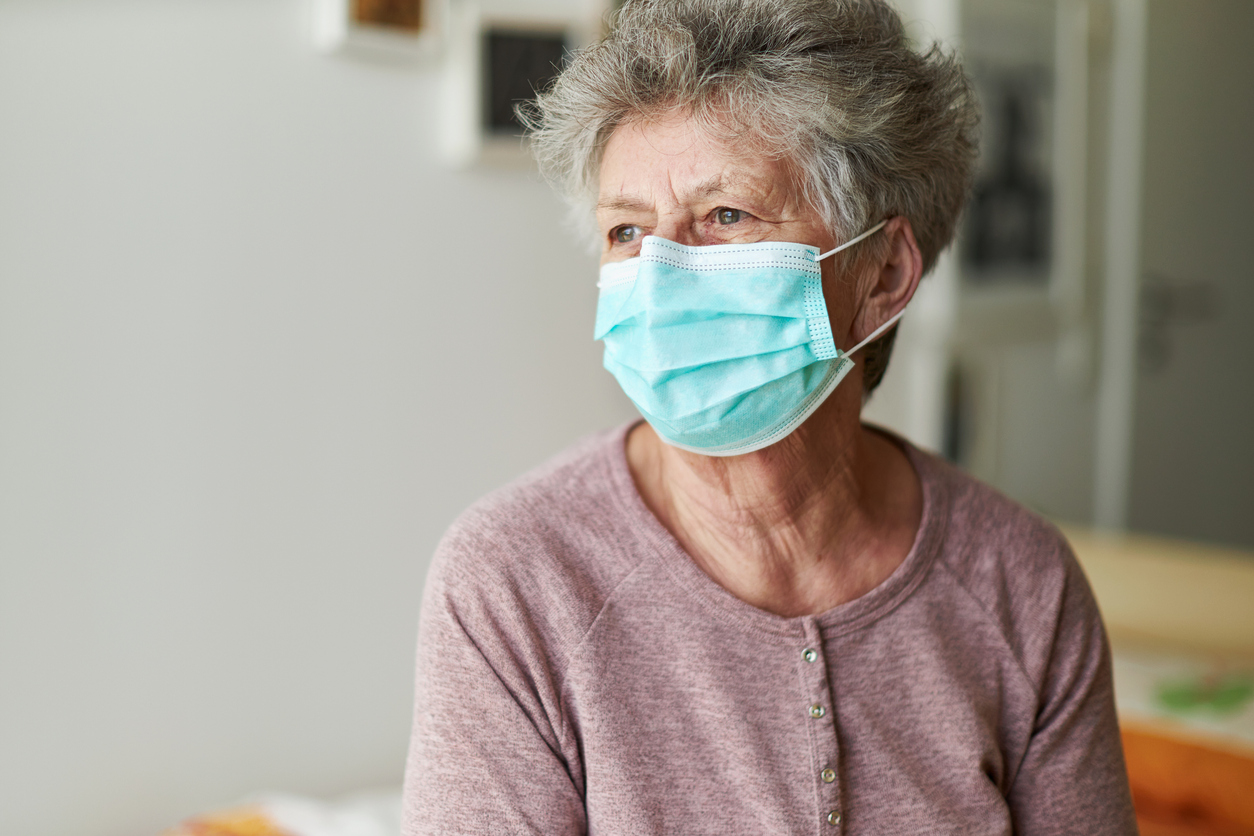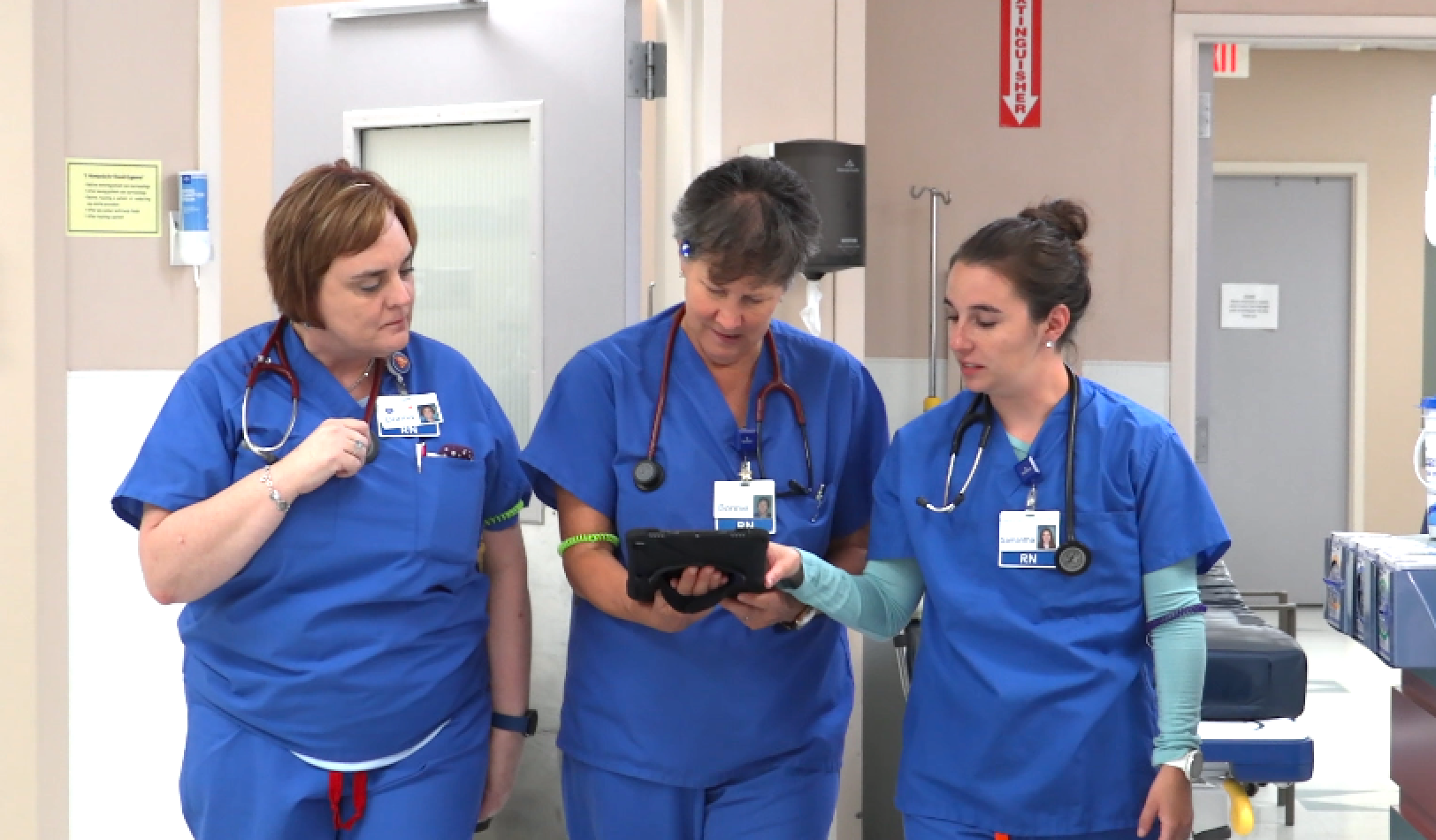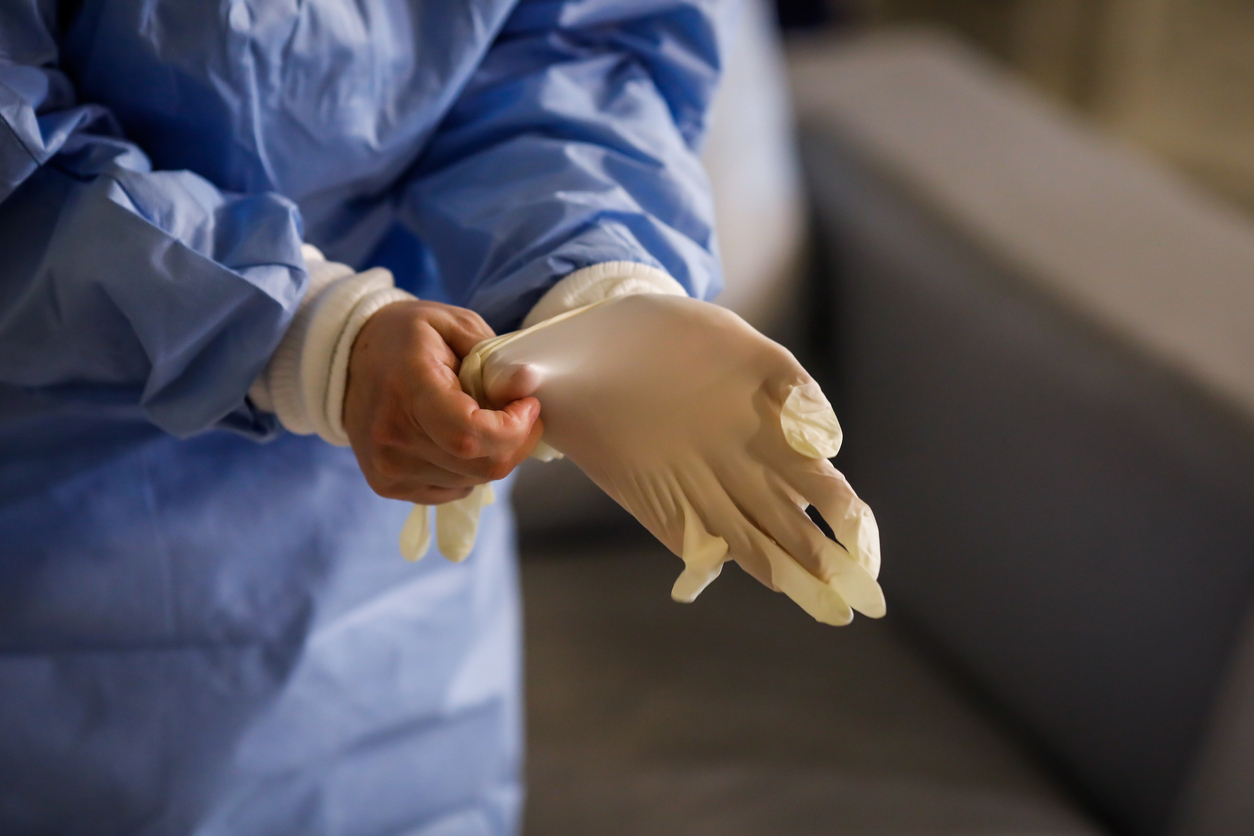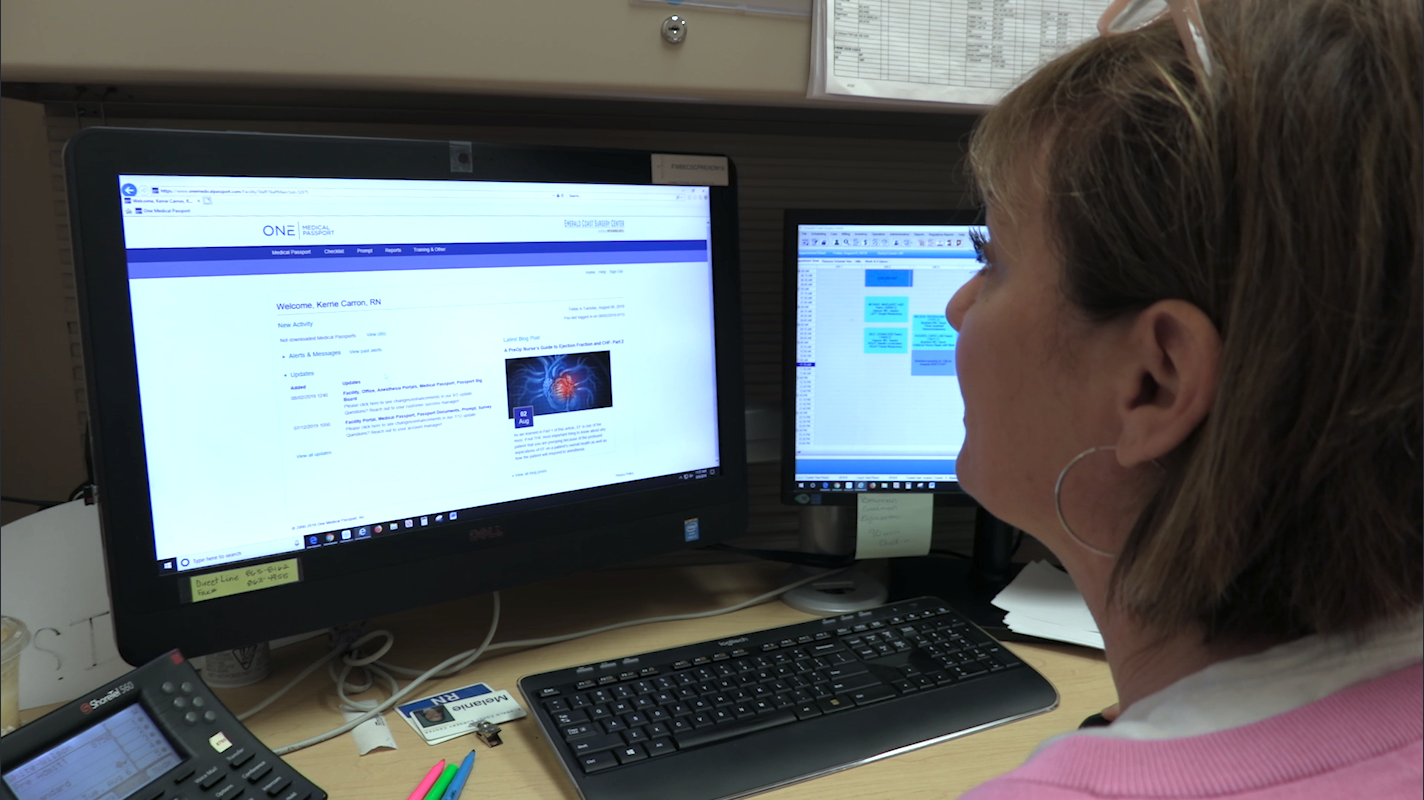COVID-19 has changed how all businesses operate, and none are affected more than healthcare. As ASCs receive approval to reopen, how has the virus changed your culture of safety?
Want to stay in the know on the latest ASC tips and topics?
Recent Posts
Looking for Something?
Categories
- ASC (82)
- ambulatory surgery center (82)
- video (36)
- nurse guide (29)
- patient communication (27)
- patient satisfaction (27)
- covid19 (26)
- surgical facility (25)
- business and finance (22)
- technology (22)
- patient engagement (19)
- ambulatory software (18)
- pre-admissions (16)
- Case Study (14)
- ambulatory surgery center software (11)
- outpatient surgery (11)
- culture of safety (10)
- complex cases (8)
- or volume (8)
- administrator (7)
- employee satisfaction (7)
- infection control (7)
- outpatient surgery software (7)
- risk management (7)
- solutions (7)
- cardiac (6)
- disinfect (6)
- patient tracking (6)
- postop (6)
- total joint (6)
- document management (5)
- implementation (5)
- patient survey (5)
- surgery scheduling (5)
- ASC Everyday Heroes (4)
- hiring (4)
- job security (4)
- payment plan (4)
- preop (4)
- scheduling (4)
- security (4)
- surgery center (4)
- women in healthcare (4)
- ASC booking (3)
- CMS (3)
- CMS requirements (3)
- Derek's Corner (3)
- best practices (3)
- data integration (3)
- everyday heroes (3)
- outpatient surgery center (3)
- patient registration (3)
- preop nurse (3)
- revenue (3)
- senior patients (3)
- specialty procedures (3)
- texting (3)
- vendor management (3)
- ASC quality reporting (2)
- Accreditation (2)
- GI (2)
- ambulatory surgery center surveys (2)
- burnout (2)
- cancellations (2)
- clinical (2)
- cost (2)
- digital chart storage (2)
- healthcare consumerism (2)
- hygiene (2)
- new hire (2)
- patient charts (2)
- patient risk (2)
- payments (2)
- screening (2)
- sleep study (2)
- time management (2)
- 2021 (1)
- 4 tips (1)
- Accredited (1)
- Billing (1)
- ERAS (1)
- One Mnet Health (1)
- SaaS (1)
- capnography (1)
- certfication (1)
- colonoscopy (1)
- conscious sedation (1)
- corona virus (1)
- customer spotlight (1)
- diagnosis (1)
- elderly patients (1)
- endo (1)
- intubation (1)
- laryngoscopy (1)
- marketing (1)
- obesity (1)
- online pre-admissions (1)
- outsourcing (1)
- patient (1)
- patient finance (1)
- patient satifaction (1)
- payment (1)
- personalized care (1)
- physician offices (1)
- pricing (1)
- recovery (1)
- sleep apnea (1)
- staff burden (1)
- staffing shortage (1)
- surgery center management software (1)
- top 12 (1)
- vendor communication (1)
- vendors (1)
In some regions, the COVID-19 curve is successfully flattening, and we are getting closer and closer to restarting elective surgeries. Already, administrators should be evaluating the backlog of missed operations and re-prioritizing how to proceed when they get the sign-off to re-open. How has COVID-19 changed the landscape of outpatient surgery?
The Ambulatory Surgery Center Association (ASCA) has released a checklist to help ASCs consider what they need to do to begin caring for non-COVID-19 patients. The full list is available for ASCA members, and we’ve outlined some of the most crucial factors below.
We live in a hyper-partisan, hyper-sensitive, hyper-litigious society. We are also addicted to our social media. The two can be an explosive combination.
We understand that these times continue to make life feel stressful and heavy. We are all affected in different capacities; some are working more, some from home, others are dealing with the stress of not working at all. Some of us live in the states that are considered 'hot-spots' and others are in an area with only a few cases of COVID-19. Some have cancelled major life events, missed out on our big plans, and some have even had to say goodbye to family members and friends.
We haven't lost sight of you. The healthcare field consists of real-life superheroes and our job here at 1MP is to help you through these uncharted waters in any way that we can. No matter how much or how little you feel affected by this, we want to remind you just how appreciated you are each and every day.
We will get through this together and we vow to have your back even after this storm has passed.
With the COVID-19 pandemic evolving daily, the Ambulatory Surgery Center Association (ASCA) has released a list of scenarios in which ASCs can be activated to handle surgical overflow. We’ve summarized the ASCA’s list of options for how ASCs can assist with surge capacity.
In the ambulatory surgical setting, nurses are forced to wear a lot of hats. They are not only the nurse, but may be a respiratory therapist, secretary, physician liaison for physician office referrals, educator, physical therapist, housekeeping, infection control, quality coordinator, and any other role necessary to deliver exceptional care to the patient. With limited budget and resources, surgical facilities are still expected to maintain infection control and quality assurance (QA) programs to ensure patients are receiving the safest care. The Joint Commission requires QA programs to cover Infection Control, Performance Improvement efforts, and the Culture of Safety within the ASC. In Texas, the Department of Health (TDH) wants all transfers, emergency department admissions, hospitalizations, and patients returned to surgery to be included in reporting requirements.








